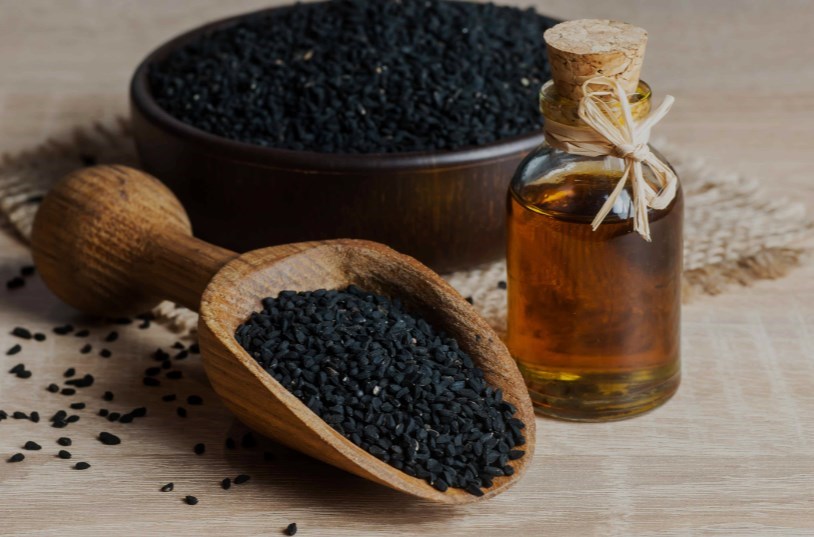Cannabidiol is just one of the many cannabinoids found in marijuana, however, it is probably the most medically advanced substance in the world. Here’s what CBD can help treatment with…

There are more than 500 cannabinoids currently known to humanity and 1 of them is cannabidiol. It is easily the most interesting of all right next to THC as CBD has a ton of medicinal uses.
Thus, it is slowly becoming a global healing agent, but unlike “modern” drugs it has no negative side effects and can also help treat a number of conditions – some of which are extremely serious ones.
1. Cannabidiol VS Cancer
CBD has been proven to have antineoplastic properties which inhibit cancerous development and tumor growth. The stimulation of apoptotic pathways throughout the body forces the immune system to effectively destroy cancer cells.
2. Cannabidiol VS Multiple Sclerosis
Multiple sclerosis is an awful condition which is caused by the body’s own immune system attacking nerve endings. That results in constant pain throughout the entire day.
However, marijuana is very well know for its pain relieving properties. More specifically, CBD has been found to relieve that exact same pain caused by multiple sclerosis.
Rough statistics show that up to 30% of multiple sclerosis patients in Europe puff weed to ease the symptoms of MS.
3. Cannabidiol VS Epilepsy
This battle is probably what CBD is most famous for currently and we all know who the winner is. There is still much to learn about the way cannabidiol works to stop seizures, but one thing’s for sure – the effects are there and no one can deny their power.
The countless success stories around the Internet of people treating their children’s epilepsy with medical marijuana (like this one) prove just how good of a medicine this plant is.
In the story mentioned above, we have a 9 year old girl with severe epileptic episodes in her earlier years going to 30 or more in a day and some days even more than 100.
However, since here mother started her on cannabis oil treatment, her daughter hasn’t had a single seizure in more than 18 months.
The sad part is that even though the results are too obvious to be true, hospitals are still denying medical marijuana renewals, because of the lack of scientific evidence of marijuana being a safe treatment option.
What a joke. Where’s the scientific evidence that any of the drugs you buy at your local pharmacy are a safe treatment option? There is none, because they aren’t.
They all do more damage than heal and if the same rule was applied to them as is to cannabis, there will be no pharmacies left.
4. Cannabidiol VS Depression
That lame state of mind we’ve all been at one point in our lives should be fought with the mind itself, however, throwing in some CBD in the mix won’t hurt at all.
According to this study, cannabidiol induces anti-depressant effects in mice. THC was also found to have these same anti-depressant properties which is why marijuana is a first choice for anyone feeling blue.
5. Cannabidiol VS Diabetes
CBD has been recently found to significantly reduce the incidence of diabetes in mice. This study showed that with the percentage lowered from 86% for non-treated mice to 30% in mice treated with cannabidiol.
This data proves that CBD can in fact inhibit and delay the destructive insulitis and inflammatory cytokine production.
6. Cannabidiol VS Schizophrenia
Recent research suggested that CBD is also an effective and at the same time safe treatment for patients suffering from schizophrenia – who isn’t right?
Cannabidiol has anxiolytic and anti-psychotic properties that help people with schizophrenia as well as another similar mind condition, namely bipolar disorder.
It has also been found to help negate some of the more unwanted effects of THC such as paranoia and anxiety. In my opinion, those are caused by the puffer’s mind frame right before they smoke.
7. Cannabidiol VS Cardiovascular Disease
Aside from the aforementioned serious conditions that CBD can help with, it can also help with the number 1 cause of death nowadays – cardiovascular disease.
According to this study, the same effects that cannabidiol exerts which help prevent diabetes are also responsible for its positive effects on cardiovascular disease.
CBD attenuated myocardial dysfunction, cardiac fibrosis, oxidative stress, inflammation, cell death, and interrelated signaling pathways.
Summary
Believe it or not, there are even more conditions that CBD can help with (probably even cure on its own), but a lot more research is needed to know.
However, since it acts on the endocannabinoid system in our bodies, which is located everywhere, it’s pretty logical to assume that it can help with almost anything.
The good thing is that CBD at least can be obtained legally much more easily than marijuana as a whole. That is due to the fact that it does not cause a high like THC.
But despite that fact, the decades of being demonized by the “health organizations” around the world have caused immense damage to the plant’s “image” including its underlying cannabinoids.
So, it will take time before marijuana and its substances become a (legal) major part of the medical industry, but once this happens, we will be surely looking at the medical revolution of the millennium.
Admin – February 2, 2016

